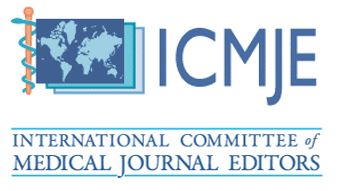Examining the Relationship Between the Effectiveness of Compassion-Focused Therapy and Emotion-Focused Therapy on Enhancing Flexibility in Individuals with Psychoactive Substance Intoxication
Keywords:
Compassion-Focused Therapy, Emotion-Focused Therapy, Flexibility, Individuals with Psychoactive Substance IntoxicationAbstract
The present study aims to compare the effectiveness of Compassion-Focused Therapy (CFT) and Emotion-Focused Therapy (EFT) on flexibility in individuals with psychoactive substance intoxication in Ahvaz. This study is an experimental research with a pre-test, post-test, and follow-up design with a control group. The statistical population of this study includes all individuals dependent on psychoactive substances who visited outpatient addiction treatment centers in Ahvaz and were admitted to these centers. Based on the research objective, a sample of 45 individuals was selected from the target population using purposive sampling, considering inclusion and exclusion criteria. The participants were randomly assigned to three groups: experimental group 1 (CFT), experimental group 2 (EFT), and a control group. The measurement instrument used in the study was the second version of the Acceptance and Action Questionnaire developed by Bond et al. (2011). The first experimental group underwent a compassion-focused therapy intervention based on Gilbert’s (2009, as cited in Golpour et al., 2014) compassion-focused therapy protocol, which consisted of eight weekly 60-minute sessions. The second experimental group received emotion-focused therapy based on the EFT protocol by Greenberg and Watson (2006, as cited in Salasi, Ramazani, & Jahan, 2022) over twelve 60-minute sessions. The control group did not receive any training during this period. A pre-test was administered to all 45 participants before the intervention, and a post-test was conducted after the completion of the sessions in all three groups. The results indicated that there was no significant difference between the effectiveness of Compassion-Focused Therapy and Emotion-Focused Therapy in improving flexibility in individuals with psychoactive substance intoxication in Ahvaz.
Downloads

Downloads
Additional Files
Published
Submitted
Revised
Accepted
License
Copyright (c) 2025 Navid Shirmardi (Author); Parviz Asgari (Corresponding Author); Farshad Bahari (Author)

This work is licensed under a Creative Commons Attribution-NonCommercial 4.0 International License.

























